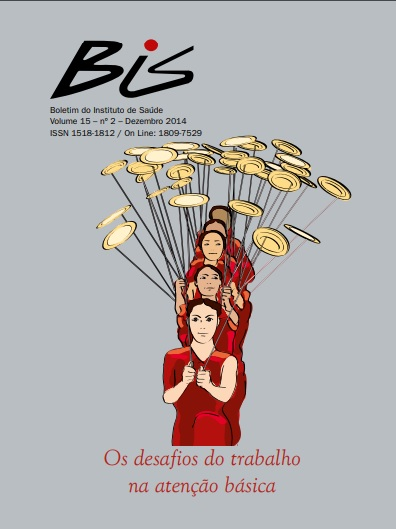Abstract
The implementation of the AIDS Program in the state of São Paulo in 1983, when the first manifestations of the epidemic emerged,was undoubtedly a fundamental factor for the success and effectiveness of the Brazilian response to the AIDS epidemic. It is important
to insist that a large part of the effectiveness of public policies depends on the actions of people, not always renowned, and on the
contingency in which government actions are applied. In the case of AIDS, in a context of political openness, the fact that interventions
on the epidemic fell into the hands of people with innovative ideas, in various sectors of society and government, was fundamental for
an early and comprehensive response to what came to constitute a major epidemic.
References
1. Escorel S. Reviravolta na Saúde Pública: origem e articulação do movimento sanitário. Rio de Janeiro:Fiocruz; 1999.
2. Perlongher N. O fantasma da AIDS. In: Seminário Foucault. Cadernos do IFCH, Unicamp, 1985, mimeografado, p. 6.
3. MacRae E. Em defesa do gueto. Novos Estudos CEBRAP 1983;.2(1):53-60. 4. MacRae E. A Construção da Igualdade: identidade sexual e política no Brasil da Abertura. São Paulo: Unicamp; 1990.
2. Perlongher N. O fantasma da AIDS. In: Seminário Foucault. Cadernos do IFCH, Unicamp, 1985, mimeografado, p. 6.
3. MacRae E. Em defesa do gueto. Novos Estudos CEBRAP 1983;.2(1):53-60. 4. MacRae E. A Construção da Igualdade: identidade sexual e política no Brasil da Abertura. São Paulo: Unicamp; 1990.

This work is licensed under a Creative Commons Attribution 4.0 International License.
Copyright (c) 2022 Lindinalva Laurindo Teodorescu, Paulo Roberto Teixeira
Downloads
Download data is not yet available.
Metrics
Metrics Loading ...
